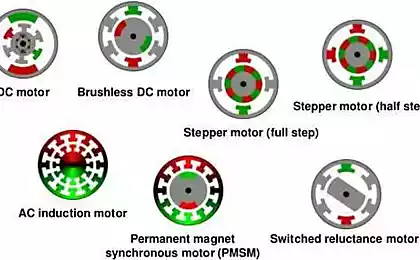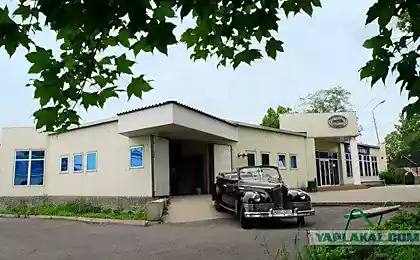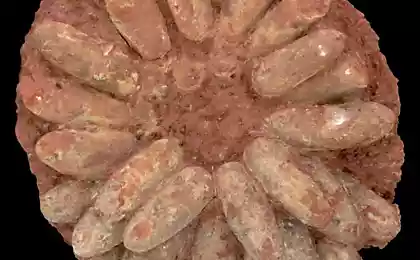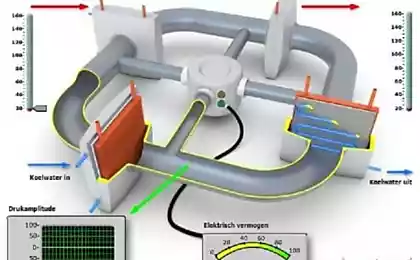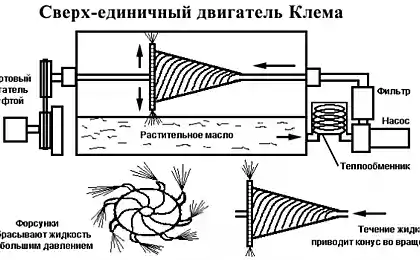637
The Chinese got to eggs (9 photos)
At the time, I remember the information that the Chinese began to fake eggs. Of course, the Chinese can expect anything, but the eggs, this is the height of originality. So the other day I found a story in the Chinese Internet Chinese who worked in the office for the production of artificial eggs. He tells how they are doing and how it is beneficial.
According to the Chinese, the technology of production of artificial eggs has reached such perfection that in appearance to distinguish them from the real thing pretty hard.
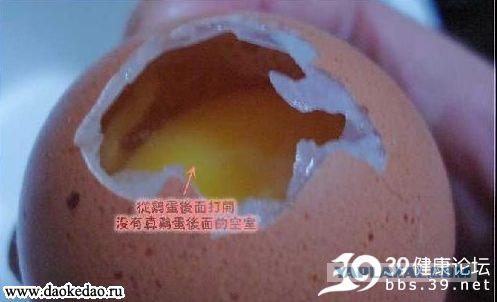
...
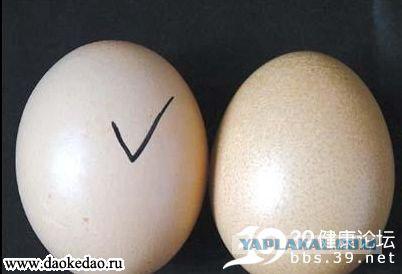
For their production, the following components. Chemical terms give in Chinese, so completely convinced that they are true. To use the shell calcium carbonate (碳酸钙), for the yolk protein - of potassium alginate (海藻酸钠), kalialyuminievye alum (明矾), gelatin (明胶), food calcium chloride (食用 氯化钙) and pigment (色素).
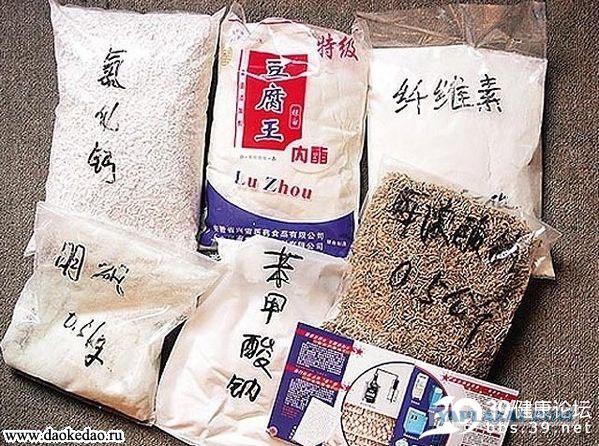
Potassium carbonate is first dissolved in warm water to obtain a proteinaceous mass. Then, stirring, add the gelatin in it, benzoic acid (苯甲酸), alum (白矾). The resulting mixture will replace the protein. For yolk is used, the same mixture, but with the addition of citric acid and a yellow pigment.
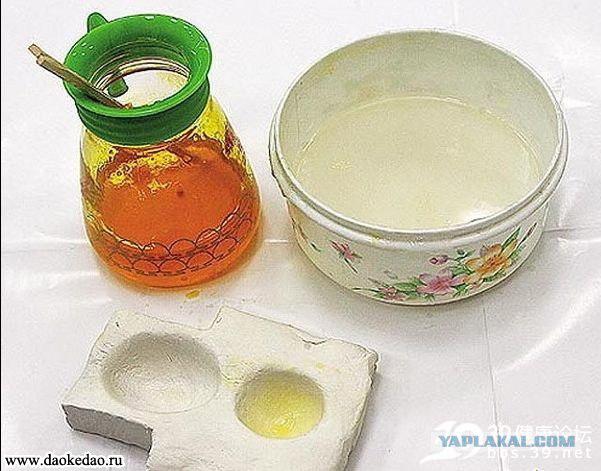
Yolk mixture was poured into a special shape and placed in a solution of potassium carbonate. The reaction on the surface of the yolk film is formed. To yolk took a spherical appearance and uniformly treated with a solution form of being shaken. When the surface is sufficiently cured yolk, egg yolk is left in the solution for an hour. Then removed, washed with water and dried.
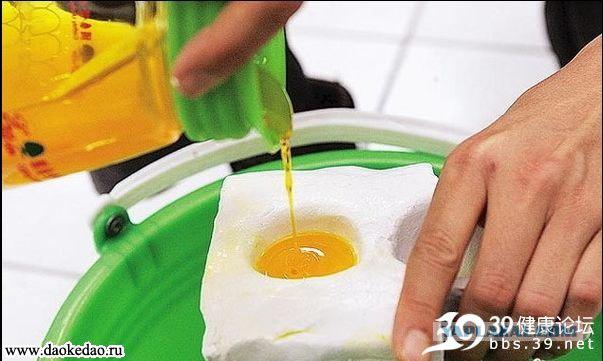
The resulting egg yolk is placed in the form of protein, the protein mixture is poured, and just as well, by placing a solution of potassium carbonate, is created a ready-made egg, which is to cover the shell.
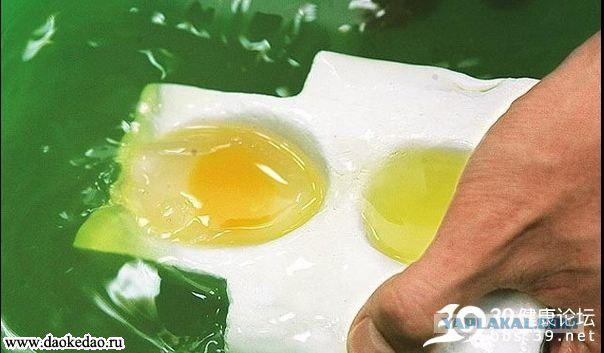
To do this using a special yarn egg repeatedly dipped into a solution of wax (石蜡), gypsum powder (石膏 粉) and calcium carbonate, which after drying forms a shell.
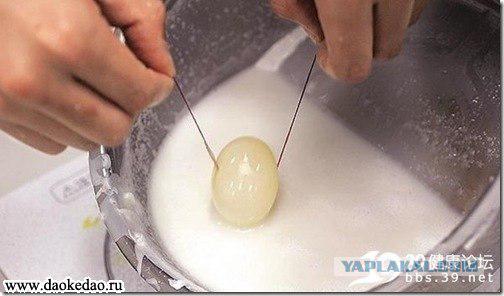
The main differences between the artificial eggs from natural:
1. The shell a bit more shiny and rough. But the difference is quite small, so the appearance define artificial egg is not easy.
2. Protein and artificial egg yolk broken after some time form a homogeneous mass, as made of the same material.
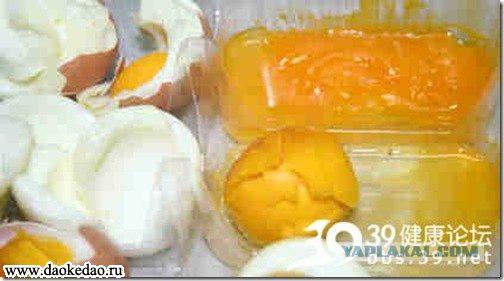
One kilogram of natural eggs is six and a half yuan. And the production of a kilogram of artificial spent 55 fen (0, 55 yuan). The shop, which employs Chinese, made a thousand eggs a day, with them having a net income of more than one hundred yuan. (100 yuan = 450 rubles).
via daokedao.ru
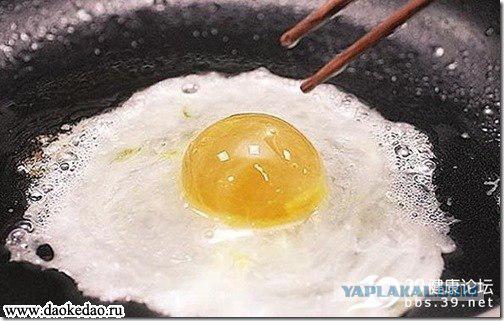
Source:
According to the Chinese, the technology of production of artificial eggs has reached such perfection that in appearance to distinguish them from the real thing pretty hard.

...

For their production, the following components. Chemical terms give in Chinese, so completely convinced that they are true. To use the shell calcium carbonate (碳酸钙), for the yolk protein - of potassium alginate (海藻酸钠), kalialyuminievye alum (明矾), gelatin (明胶), food calcium chloride (食用 氯化钙) and pigment (色素).

Potassium carbonate is first dissolved in warm water to obtain a proteinaceous mass. Then, stirring, add the gelatin in it, benzoic acid (苯甲酸), alum (白矾). The resulting mixture will replace the protein. For yolk is used, the same mixture, but with the addition of citric acid and a yellow pigment.

Yolk mixture was poured into a special shape and placed in a solution of potassium carbonate. The reaction on the surface of the yolk film is formed. To yolk took a spherical appearance and uniformly treated with a solution form of being shaken. When the surface is sufficiently cured yolk, egg yolk is left in the solution for an hour. Then removed, washed with water and dried.

The resulting egg yolk is placed in the form of protein, the protein mixture is poured, and just as well, by placing a solution of potassium carbonate, is created a ready-made egg, which is to cover the shell.

To do this using a special yarn egg repeatedly dipped into a solution of wax (石蜡), gypsum powder (石膏 粉) and calcium carbonate, which after drying forms a shell.

The main differences between the artificial eggs from natural:
1. The shell a bit more shiny and rough. But the difference is quite small, so the appearance define artificial egg is not easy.
2. Protein and artificial egg yolk broken after some time form a homogeneous mass, as made of the same material.

One kilogram of natural eggs is six and a half yuan. And the production of a kilogram of artificial spent 55 fen (0, 55 yuan). The shop, which employs Chinese, made a thousand eggs a day, with them having a net income of more than one hundred yuan. (100 yuan = 450 rubles).
via daokedao.ru

Source:


